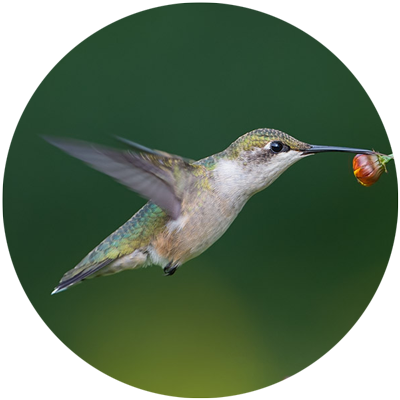Home > Climate News >
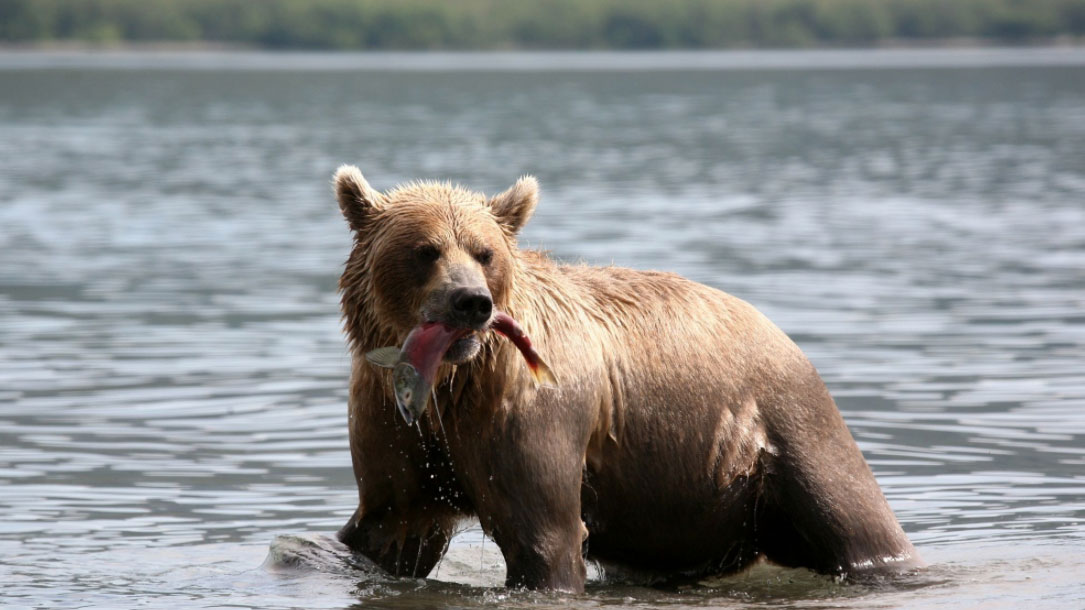
Global warming is pushing Pacific Salmon to the brink, federal scientists warn
The salmon populations that have persisted in Western rivers since the dam-building era have adapted to some water warming, and their sensitivity to climate factors has been incorporated in conservation plans, Crozier said.
But beyond two degrees Celsius of warming (3.6 degrees Fahrenheit) compared to the pre-industrial era, all bets are off, she said, because then the chances increase for significant changes in the ocean that could lead to a catastrophic failure of salmon populations…
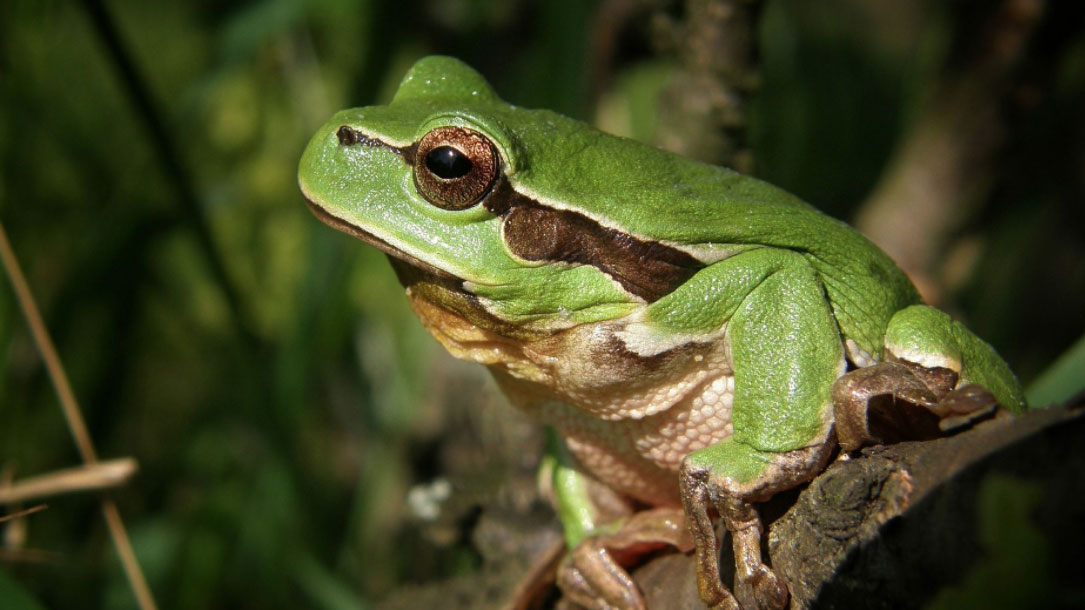
Adaptive responses of animals to climate change are most likely insufficient
“Biological responses to climate change have been widely documented across taxa and regions, but it remains unclear whether species are maintaining a good match between phenotype and environment, i.e. whether observed trait changes are adaptive. Here we reviewed 10,090 abstracts and extracted data from 71 studies reported in 58 relevant publications, to assess quantitatively whether phenotypic trait changes associated with climate change are adaptive in animals…”
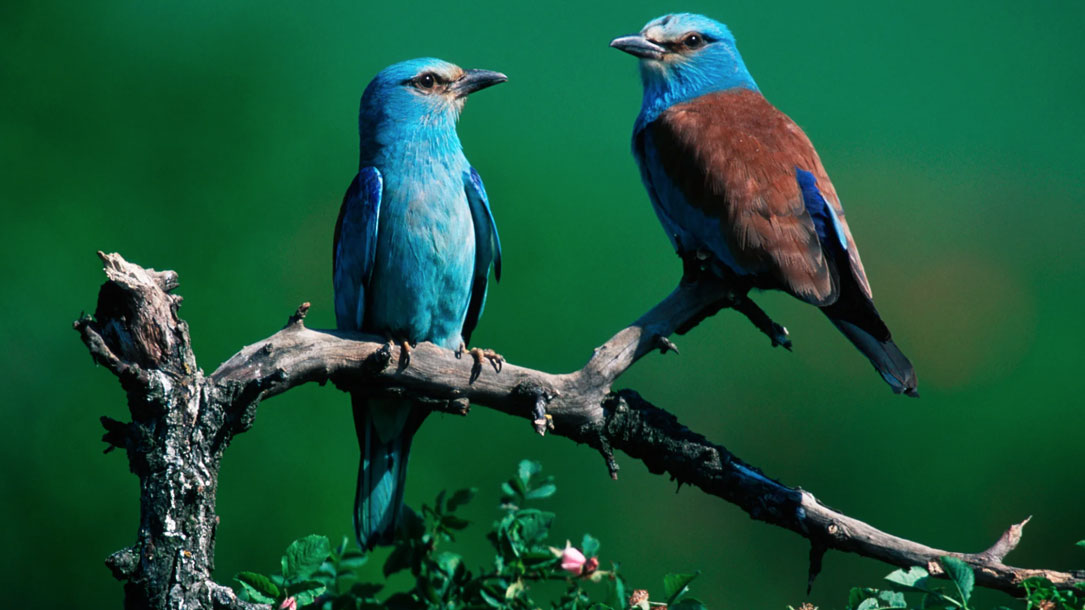
Many animals can’t adapt fast enough to climate change
A new paper in Nature Communications, coauthored by more than 60 researchers, aims to bring a measure of clarity. By sifting through 10,000 previous studies, the researchers found that the climatic chaos we’ve sowed may just be too intense. Some species seem to be adapting, yes, but they aren’t doing so fast enough…
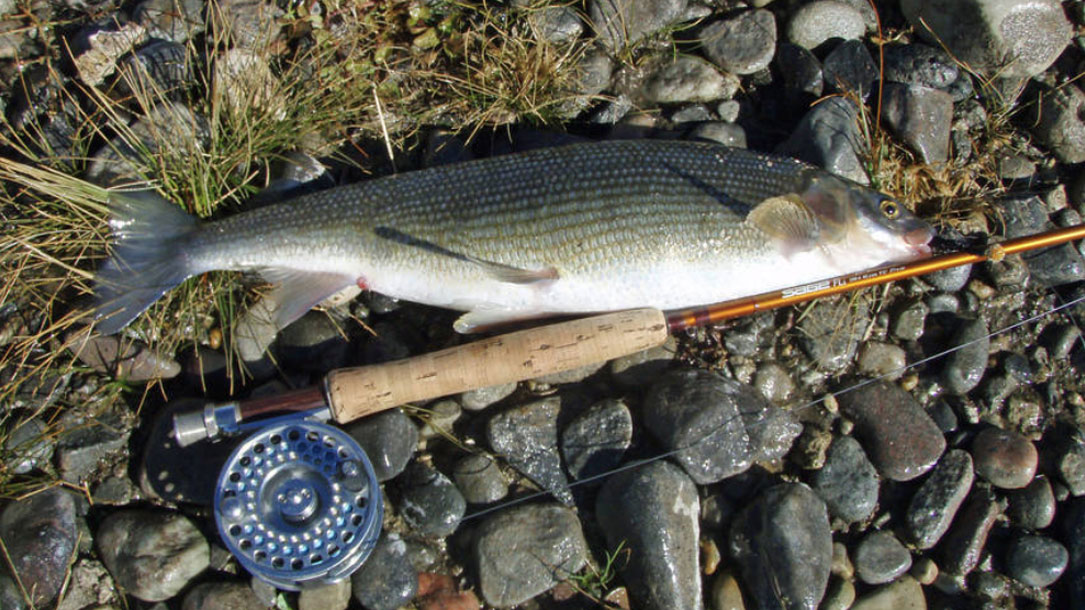
Fish Deaths in Montana’s Yellowstone River Tied to Warming Waters
“An outbreak of fish-killing disease along a 100-mile stretch of the Yellowstone River in Montana may be the latest sign that mountain stream ecosystems are being disrupted by climate change. Scientists point to warmer, slower rivers as a likely cause of the mass fish mortality.
Since Aug. 12, the Montana Department of Fish, Wildlife and Parks has counted 4,000 dead mountain whitefish, along with smaller numbers of rainbow trout, Yellowstone cutthroat, longnose suckers, sculpin and longnose dace. The agency estimate that tens of thousands of fish may be dead and they closed the segment to recreation to reduce impacts to fish. This is happening along a river that’s an economic mainstay for nearby communities and thought of as a relatively healthy, undammed river…”
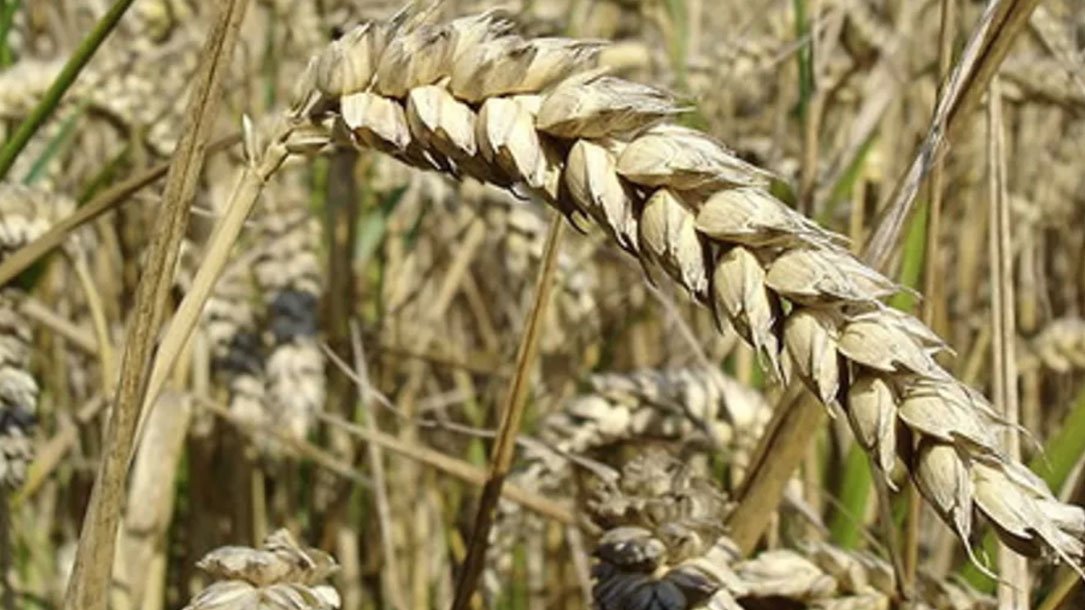
Crop pests and pathogens move polewards in a warming world
“Global food security is threatened by the emergence and spread of crop pests and pathogens. Spread is facilitated primarily by human transportation, but there is increasing concern that climate change allows establishment in hitherto unsuitable regions. However, interactions between climate change, crops and pests are complex, and the extent to which crop pests and pathogens have altered their latitudinal ranges in response to global warming is largely unknown…”
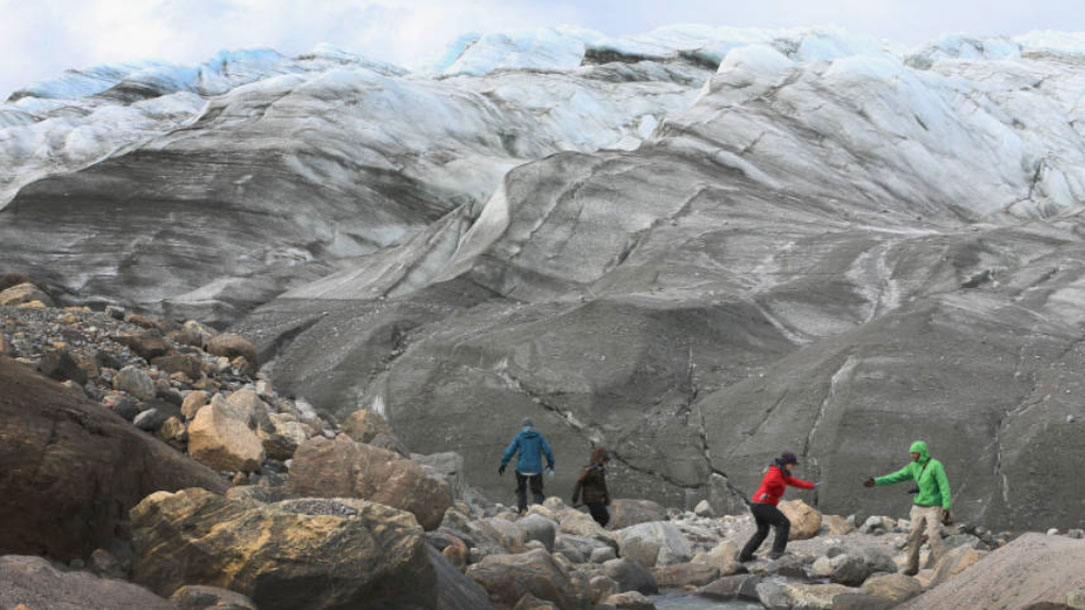
What’s Eating Away at the Greenland Ice Sheet?
“In the high-stakes race against sea level rise, understanding what’s causing the Greenland Ice Sheet to melt is critical. The problem isn’t just rising temperatures: soot from ships, wildfires and distant power plants, as well as dust and a living carpet of microbes on the surface of the ice, are all speeding up the melting.
Right now, predictions for sea level rise range from about 1 to 10 feet by 2100—a wide difference for coastal communities trying to plan seawalls and other protective measures…”
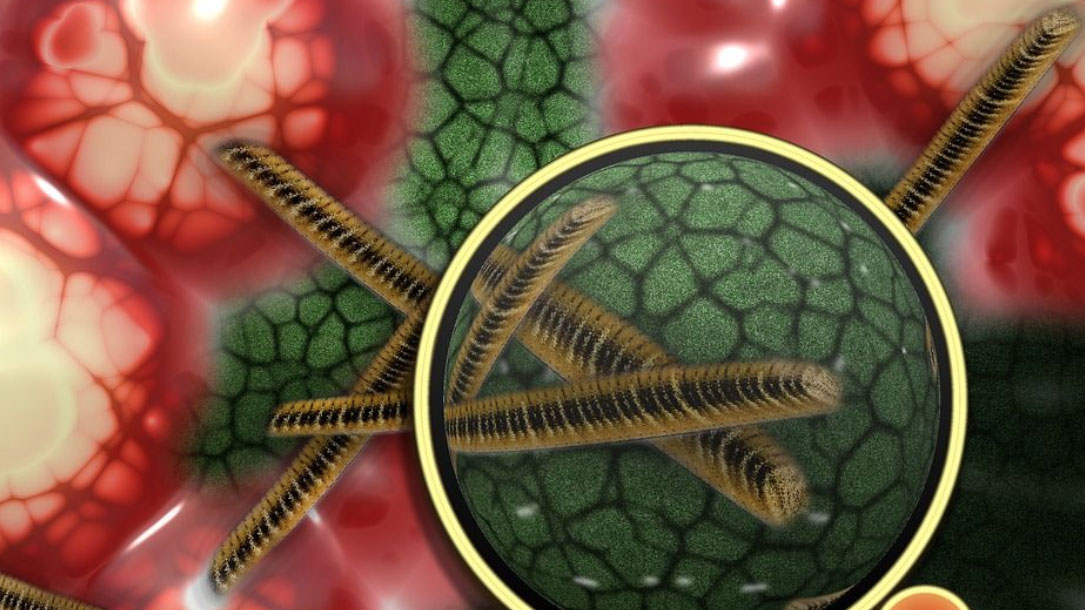
Global warming pushes microbes into damaging climate feedback loops
“[G]lobal warming is supercharging some microbial cycles on a scale big enough to trigger damaging climate feedback loops, research is showing. Bacteria are feasting on more organic material and producing extra carbon dioxide as the planet warms. In the Arctic, a spreading carpet of algae is soaking up more of the sun’s summer rays, speeding melting of the ice.
Deadly pathogenic microbes are also spreading poleward and upward in elevation, killing people, cattle, and crops…
Research has shown that accelerated microbial activity in soils will significantly increase carbon emissions by 2050. In another study, global warming favors fungi that quickly break down dead wood and leaves and release CO2 to the atmosphere.
Other warning signs from the microbial world include spreading crop diseases that threaten food security, microbial parasites that threaten freshwater fish, as well as the fungal epidemic wiping out amphibians world wide…
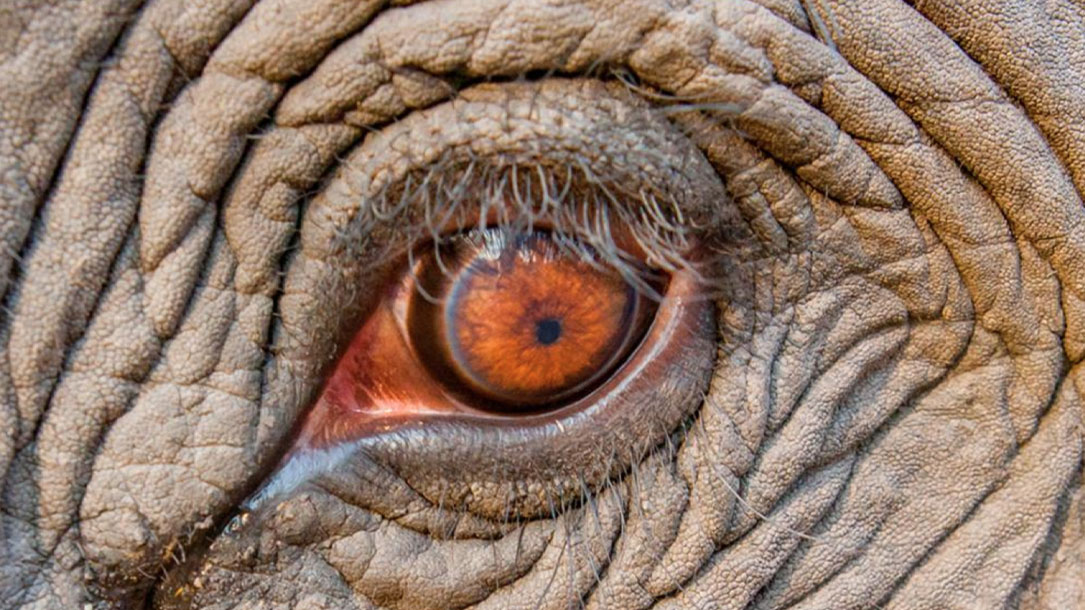
Nature’s dangerous decline ‘unprecedented’; species extinction rates ‘accelerating’
“Nature is declining globally at rates unprecedented in human history — and the rate of species extinctions is accelerating, with grave impacts on people around the world now likely, warns a landmark new report from the Intergovernmental Science-Policy Platform on Biodiversity and Ecosystem Services (IPBES), the summary of which was approved at the 7th session of the IPBES Plenary, meeting last week (29 April – 4 May) in Paris…”

The Nature Conservancy encourages action
“Thank you for the opportunity to testify before you today on this issue. The Nature Conservancy is enthusiastic about climate mitigation legislation passing in New York State during the 2019 Legislative Session. First and foremost, thank you Assemblyman Englebright for championing this issue and continuing to call for strong action from New York in leading the nation…
Earlier this month, the Intergovernmental Panel for Biodiversity and Ecosystem Services (IPBES) released its first report detailing past biodiversity losses and prospects for people and natureii. Governments and scientists agree we are exploiting nature faster than it can renew itself.
The IPBES report is a shocking wake-up call. The report clearly shows how rapid deterioration of nature threatens our food, water and health, and worsens the impacts of climate change. Achieving economic and development goals, as well as climate goals, will require tackling this accelerating loss of biodiversity…”
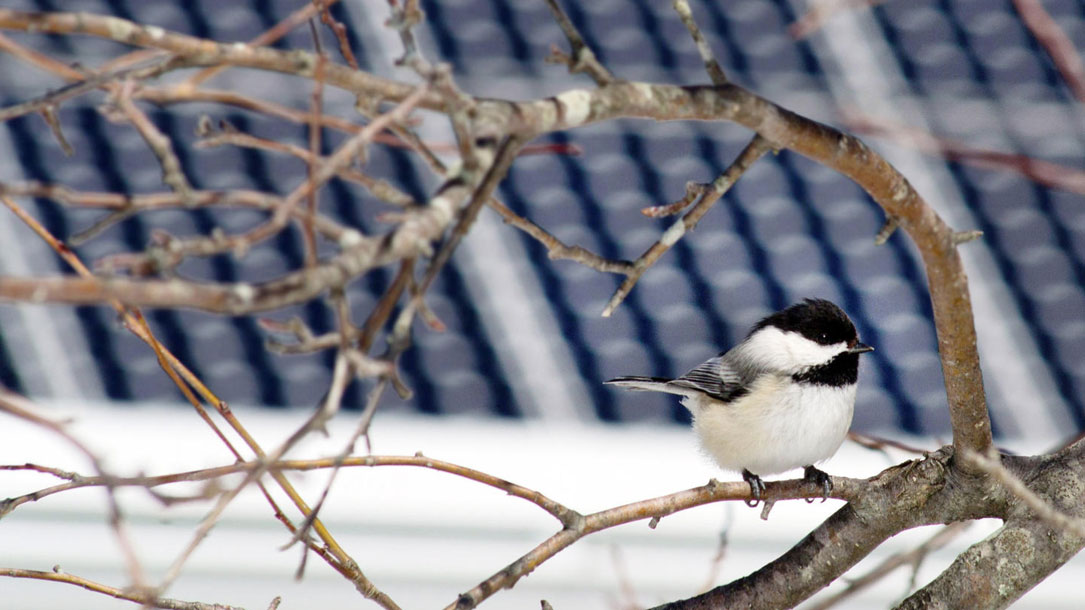
Why Solar Power Is Good for Birds
“If you install solar panels on your roof, don’t expect your birds to show any appreciation. At best, they’ll bless them with a splatter of droppings. But if they knew better, they’d be grateful, because installing solar panels at home is one of the best ways to help birds avoid the worst impacts of climate change…”



